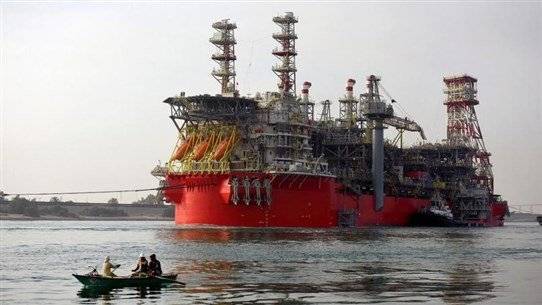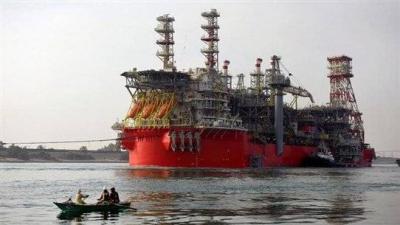At the beginning of next month, U.S. mediator Amos Hochstein is expected to return to Lebanon, bringing back Israel's response to the Lebanese proposal regarding maritime border demarcation, which he carried after the arrival of the exploration vessel at Karish. His return marks a highly sensitive phase in the negotiations, where there might be early breakthroughs or the demarcation could become a relic of the past linked to local initiatives and regional conditions. His return was anticipated following President Joe Biden's visit to Saudi Arabia, as attention shifts toward demarcation, which is a pressing U.S. need to find alternatives to Russian gas.
This visit comes on the heels of a pivotal speech delivered by Hezbollah's Secretary-General Hassan Nasrallah, preceded by Hezbollah launching drones over the exploration ship at Karish. Following the drones, negotiations stalled at line 23, but after Nasrallah's speech, there have been positive signals regarding the Qana field. Hezbollah believes that the drones were a significant enhancement to Lebanon's position in negotiations, particularly concerning timing and giving Israel until September, otherwise why not launch more drones that could strengthen Lebanon's stance, and some may not be purely reconnaissance.
One can consider that the negotiations are nearing a decision with Hochstein's return. Its failure could lead Lebanon into another war against Israel, as it would undoubtedly not stand idle while Israel progresses from exploration to signing agreements to sell gas to Europe, which is eager for alternatives to Russian gas ahead of winter. When Nasrallah threatens war if the negotiations fail, he understands that war, when it happens, will be an inevitable choice. He recognizes the sensitivity of the internal context and the size of the crisis but is convinced that once Lebanon begins exploiting its gas share, it will help overcome this crisis.
For him, the approach to the issue hinges on maritime border negotiations or, more precisely, on Lebanon's oil wealth and obtaining its full rights. Detached from local grandstanding that surfaces whenever Nasrallah raises his tone against Israel, the aim of his recent speech was to prevent Israel from being obstinate as long as negotiations are ongoing. It’s essential to prevent Israel from extracting oil if Lebanon is not allowed to do so. This is the new equation where Nasrallah has shifted from border demarcation to oil exploration. The issue is no longer limited to the demarcation lines, whether line 29 or 23. What is the purpose of borders if we cannot benefit from our wealth? Should we watch while Israel extracts oil reserves from a spectator standpoint?
Hezbollah is leveraging the element of time; because of the war in Ukraine, America needs Europe, which is in need of gas. There is a struggle between America and China and Russia, making it beneficial to place Lebanon on the table. This is what Hezbollah deliberately aimed for in Nasrallah's recent speech, taking advantage of the historical moment, believing that if Europe finds alternatives to Russian gas, there would be no significance to demarcation and exploration.
Hezbollah views Total’s decision to halt exploration in Lebanon as politically motivated rather than due to a lack of gas. They argue that if Israel manages to explore, will companies advance to explore in Lebanon while they are affiliated with America? From Hezbollah's perspective, acquiring Lebanon’s right to invest in its oil is necessary, even through the threat or execution of war if Lebanon does not receive its rights. However, if the Israeli acknowledges Lebanon’s rights, why would a war occur? The reality is that the chances of war and peace are equal, yet Israel itself does not desire war, being aware of the resistance’s capabilities and its own need to extract gas. War would mean that exploration efforts would cease, constraining the movement of companies.
Israel, which seeks gas, will not voluntarily enter a war. The same applies to America, which does not seem prepared for war and is barely seeking an exit from the Ukrainian conflict, making it unlikely that it would start a new war in the Middle East. Additionally, the atmosphere within Israel, under a caretaker government, may complicate the decision to go to war.




